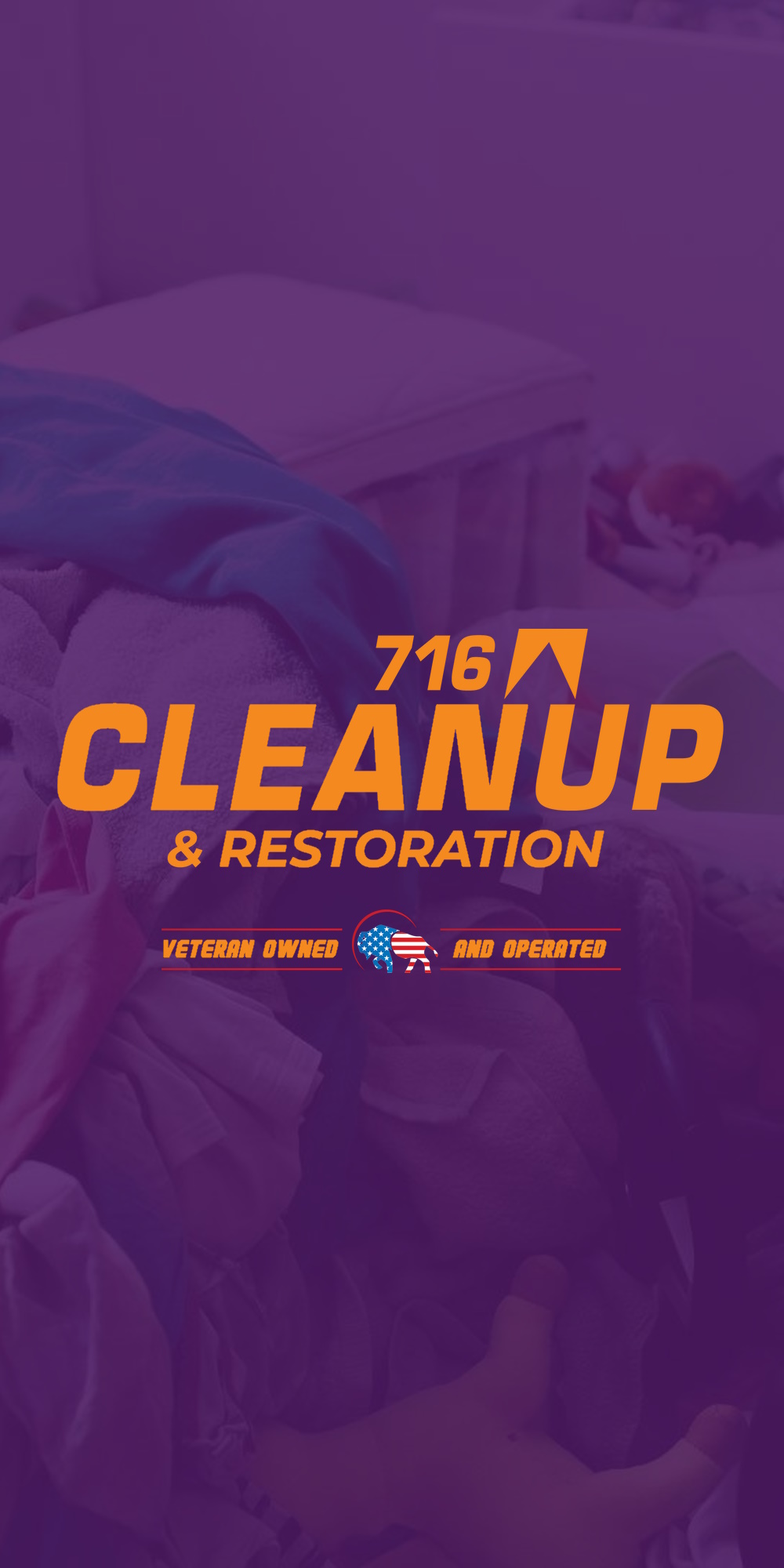Home › FAQ
Frequently Asked Questions
What is the meaning of water mitigation?
Water mitigation is the process of assessing, containing and preventing further damage from occurring on a property after water has been lost. This includes everything that goes into restoring what was previously known as “water loss” back to pre-loss condition – this could include extracting all manner or kind depending upon how much you’ve gone missing!
What is the difference between water mitigation and remediation?
Water mitigation is the process of preventing damage from flooding by catching it before anything happens. Remediation, on the other hand–which usually refers to fixing or repairing what has already happened rather than prevention–can be done in response after a disaster strikes
What is primary water mitigation?
The best way to respond when you’re faced with a flood is by taking fast and proper actions that both protect your property from further damage as well as minimize any potential loss. A resilient team player will move around the house protecting valuable items while making sure other areas like kitchens stay dry so food doesn’t spoil or burn; they’ll also work quickly on restoring what was lost after things have settled down again!
What does a mitigation crew do?
There are two main types of companies that offer services to people in the event their homes have been damaged by fire or other means: mitigation and restoration. Mitigation works with you before your loss, while restorations take care afterwards – but which one should be chosen? It all depends on how much money each type can provide for what’s needed post-loss!
What is a mitigation estimate?
The first claim is for mitigation, which means doing anything that will stop the advance of further damages. This drying stage can be considered a single trade exercise and overhead costs are not paid in this instance either; they’re covered by an assurance buyer who purchases protection against lost income due to flood or water-damaged property instead – but these claims do need some specific information about what was done at each step so there’s no lapse without funds getting collected!


